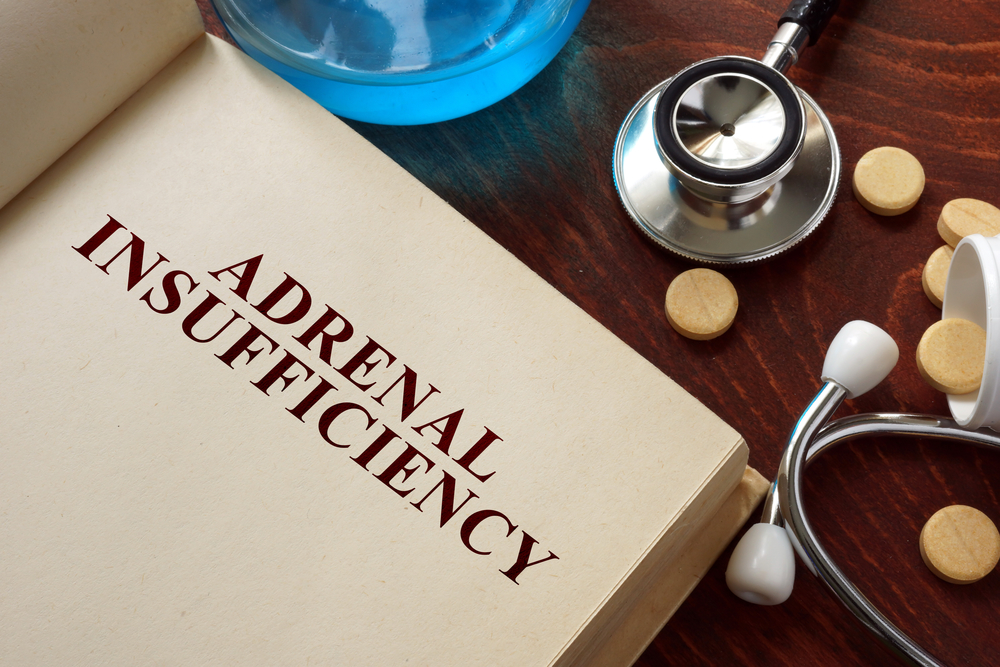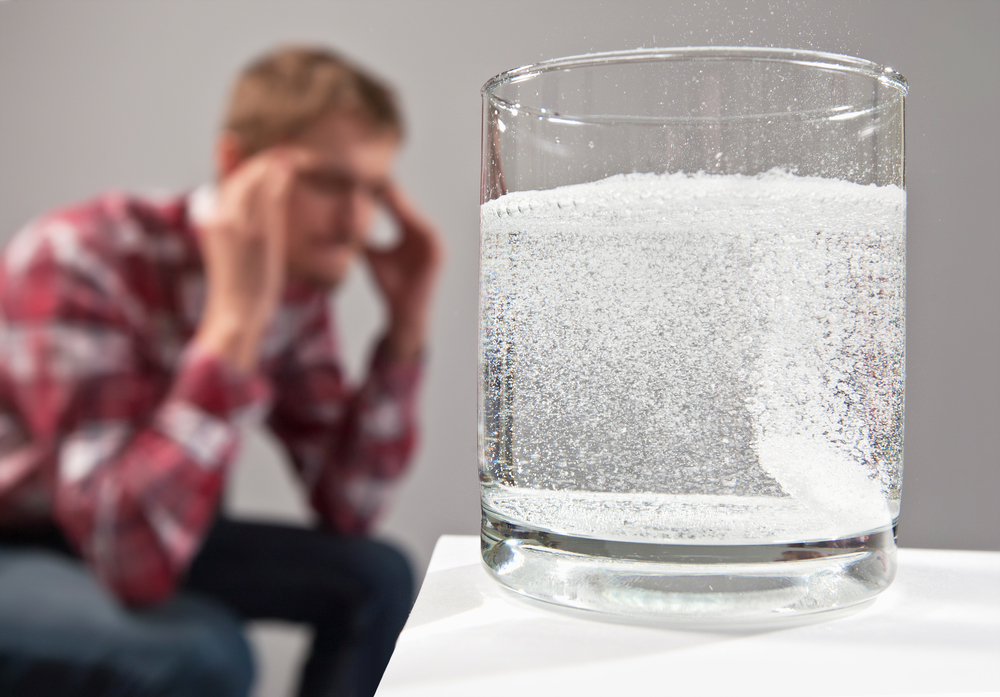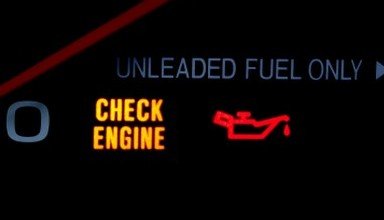
by Dr. Oler, ND | Feb 16, 2016 | Cleansing, Digestive Support, Eating Naturally, Men's Health, Natural Weight Loss, Nutrition, Women's Health
Periodic detoxification is a great way to keep your system running at top efficiency. If you are in the process of losing weight or regaining your health, a formal detoxification program can keep you going along the right path. However, there are three important things you need to think about when planning a detoxification.
Nutrient Density During a Detox
Detoxification is a heavily nutrient-dependent process. This means that the organs and systems involved in the remove of toxins from your body require a LOT of nutrients in order to function properly. Therefore, be sure that your dietary recommendations include lots of nutrient-dense foods, including plenty of fresh vegetables and fruits, clean sources of protein, (only) healthy fats and plenty of water (see Hydration below).
In addition, you should strictly avoid anything that will slow the process of detoxification down, including sugars, white flour, gluten, red meat (beef and pork), packaged meats (i.e., hot dogs, sausage, deli meats, etc.), caffeine, alcohol and anything with artificial colors, flavors, preservatives or sweeteners.
If you start on a food-only detoxification plan and begin to feel weak or otherwise unwell or if you’d just like the added assurance of getting all the nutrients you need for optimal detoxification, use some supplemental support (like the 10-day Clear Change Detox Program Kit).
Hydration and Detoxification
During any detoxification program, your body will be throwing off a lot of toxins. You need to facilitate the removal of these toxins as quickly as possible, and one of the best ways to do that is to drink plenty of water.
How much? A good general rule is to drink one-half your body weight in ounces per day plus 16-32 ounces during the detoxification. For example, a 200 lb. person would drink 100 ounces plus 16-32 ounces throughout the day. It is best to drink water every 30 minutes throughout the day to optimize hydration.
Rest & Relaxation
During a detoxification, you want as much of your energies as possible to go towards the detoxification process. Therefore, it is very important that you schedule plenty of down time during the detoxification program. This includes at least 8-10 hours of sleep each night, reducing exercise to walks and mild-moderate activity, incorporating some deep breathing exercises throughout the day and giving yourself the time (if you need it) to rest and relax during the day.
A detoxification is also a wonderful time to unplug and disconnect to all the chatter around you. Try an “information holiday” as much as you can – skip the news (TV, internet, paper) and reduce/eliminate electronic connections (Facebook, Twitter, blogs, etc.). Use that time to do some breathing exercises, make some great food, catch up with old friends and/or do anything else that serves you and helps you to relax.
Periodic detoxifications can be fun and enjoyable as long as you plan ahead. Keep these three things to think about when planning your detoxification and you’ll be well on your way to a healthier, happier you.


by Dr. Oler, ND | Feb 11, 2016 | Amino Acid Therapy, Health Partner News, Men's Health, Neurotransmitter, Neurotransmitter Function, Women's Health
Excitatory neurotransmitters generally increase the flow of information by causing more neurons to fire; they are like the “gas pedal” that keeps us engaged and focused. Since every neurotransmitter works within a system, it is the balance between the inhibitory and excitatory neurotransmitters that is important in regards to how your body functions. Read more…

by Dr. Oler, ND | Feb 10, 2016 | Cleansing, Digestive Support, Eating Naturally, Health Partner News, Men's Health, Women's Health
The gastrointestinal (GI) tract is responsible for about 20-25% of the detoxification burden and periodic detoxification can be a great way not only to rid the body of toxins, but also improve GI health. Read more…

by Dr. Oler, ND | Feb 9, 2016 | Amino Acid Therapy, Neurotransmitter Function
The problem with medications which exhibit their effects by manipulating the release or re-uptake of neurotransmitters in the brain is that they are not doing anything to make more neurotransmitters; they are simply shuffling them around or tricking the body into thinking there is more neurotransmitter available than there actually is. This can have several undesirable affects. Read more…

by Dr. Oler, ND | Feb 9, 2016 | Amino Acid Therapy, Cleansing, Fatigue, Health Partner News, Stress
Adrenal fatigue is one of the most common considerations for anyone experiencing chronic fatigue, lethargy and/or chronic illness. The term “detoxification” is typical used to describe the bodily processes that help us process and eliminate toxins from our body. If a person is in the latter stages of adrenal fatigue, they are already in a very compromised state with little to no reserve left for additional stressors. Read More…

by Dr. Oler, ND | Feb 4, 2016 | Amino Acid Therapy, Men's Health, Migraine, Natural Pain Relief, Women's Health
Anybody that has experienced a migraine knows first-hand how devastatingly painful they can be. During a migraine headache, blood vessels in the head go through a cycle of extreme constriction followed by rapid dilation. This process is thought to be due to nerve pathway changes that cause inflammation in the blood vessels. The end result is the extreme pain, visual disturbances, fatigue, confusion, sensitivity (to light, sound and/or odors), tenderness and other symptoms of a migraine headache.
Researchers and scientists have searched for years to determine what causes these changes to occur in the nerve pathways to create such a viscous cycle. Many common triggers have been identified, including environmental changes (e.g., weather, altitude, and time zone changes), interrupted sleep patterns, hunger, fasting and/or long periods without food, alcohol (especially red wine and beer), food additives (e.g., monosodium glutamate (MSG), nitrates), hormonal changes in women (i.e., menses, birth control, HRT) and stress, amongst others.
Interestingly, a common thread uniting these triggers has been identified, and that common thread is an alteration of key brain chemicals called neurotransmitters. Fluctuations or imbalances in several important neurotransmitters – including serotonin, dopamine, norepinephrine and epinephrine – are known to cause many health conditions, including migraine headaches. This breakthrough in brain chemistry may hold the key for migraine sufferers to not only reduce, but eliminate their migraine headaches using an extremely effective alternative therapy for migraines.
Neurotransmitters 101
Neurotransmitters are a class of chemical messengers in the body that help regulate, either directly or indirectly, most of the other systems and functions in the body. You may have heard of one or more of the more common neurotransmitters, including serotonin, dopamine, norepinephrine and epinephrine (also known as adrenaline).
Whether you realize it or not, anyone taking a triptan medication (like those shown below) for the treatment of migraines is also taking a medication that acts to alter neurotransmission.
|
Triptan Medications
|
| Generic name |
Trade Names |
| Sumatriptan |
Imitrex, Imigran, Migriptan |
| Rizatriptan |
Maxalt |
| Naratriptan |
Amerge, Naramig |
| Zolmitriptan |
Zomig |
| Eletriptan |
Relpax |
| Almotriptan |
Axert, Almogran |
| Frovatriptan |
Frova, Migard, Frovamig |
Triptans work by mimicking serotonin in the blood vessels of the brain (causing their constriction) and subsequently inhibit the inflammation that can cause or exacerbate a migraine. For most people suffering from migraines, these medications are the only way they can find any relief. Unfortunately, that relief is short-lived, because although these medications can mimic serotonin, they don’t do anything to help the body make or rebalance a person’s neurotransmitter levels over time. In other words, what triptan medications don’t do is address the cause of the problem.
Alternative Therapy for Migraines
Since neurotransmitter imbalance is the underlying cause of most migraine headaches, a common sense approach would be to (a) determine a person’s neurotransmitter imbalance(s) and (b) correct them. We have used this alternative therapy for migraines with thousands of people with an 85% success rate (i.e., elimination of migraine headaches). It is a remarkably successful approach because it gets to the root cause, which is neurotransmitter dysfunction.
Test, Don’t Guess
The chances of a person determining the correct combination and dose of amino acids they need to optimize neurotransmitter function are extremely low (i.e., approaching zero). Luckily, you don’t have to guess; clinician’s trained in the proper use of amino acid therapy have several specialized tests at their disposal to help them determine the exact combination of nutrients each individual needs to achieve optimal neurotransmitter function.
For some, the process can lead to the complete elimination of migraine headaches within days to weeks; others may take a few months to achieve the balance necessary to eliminate their migraines. No matter how long it takes, achieving proper neurotransmitter function through targeted amino acid therapy is the only known way to provide a long-term solution to migraine headaches.
To learn more about amino acid therapy or to find a practitioner near you visit:
www.naturalsolutionsformigraines.com
www.amino-acid-therapy.com


by Dr. Oler, ND | Feb 3, 2016 | Amino Acid Therapy, Health Partner News
Neurotransmitter Restoration Therapy – or Amino Acid Therapy – involves providing the body the nutrients it needs to restore optimal neurotransmitter function. Once neurotransmitter function is restored, any symptoms relating to neurotransmitter imbalance – including such things as depression, anxiety and difficulty sleeping are relieved. Read more…

by Dr. Oler, ND | Jan 28, 2016 | Eating Naturally, Natural Remedies, Nutrition
There is probably no other food (other than perhaps gluten/wheat) that stirs up more controversy than soy. Rather than ‘pick sides’ and point to studies that support or deny different health claims about soy, here is a distilled down version of the research that is currently out there:
(more…)

by Dr. Oler, ND | Jan 27, 2016 | Health Partner News, Men's Health, Naturopathic Health, Women's Health
Symptoms often drive our behavior. Many times it is not our illness or disorder that drives us to change or seek help, but the symptoms that we experience that motivate us to change.
Frequently “symptoms” are a healthy response to excessive stresses. Although not essentially pleasant, they are your body cleaning house. Symptoms may also be a sign that you have not been functioning well and can no longer adapt to the stresses upon you. We look at symptoms as the body’s early warning system that something is going on somewhere that needs attention. Read more…
Excerpt taken from LinkedIn Pulse article, written by Dr. Chad Oler, ND, Natural Path Health Center

by Dr. Oler, ND | Jan 21, 2016 | Allergies, Eating Naturally, Natural Remedies, Nutrition, Women's Health
According to research published in Medical Tribune (July 23, 1992:30), breast-feeding mothers were able to reduce the chances that their babies will develop allergies by eating a low-allergen diet.
(more…)













